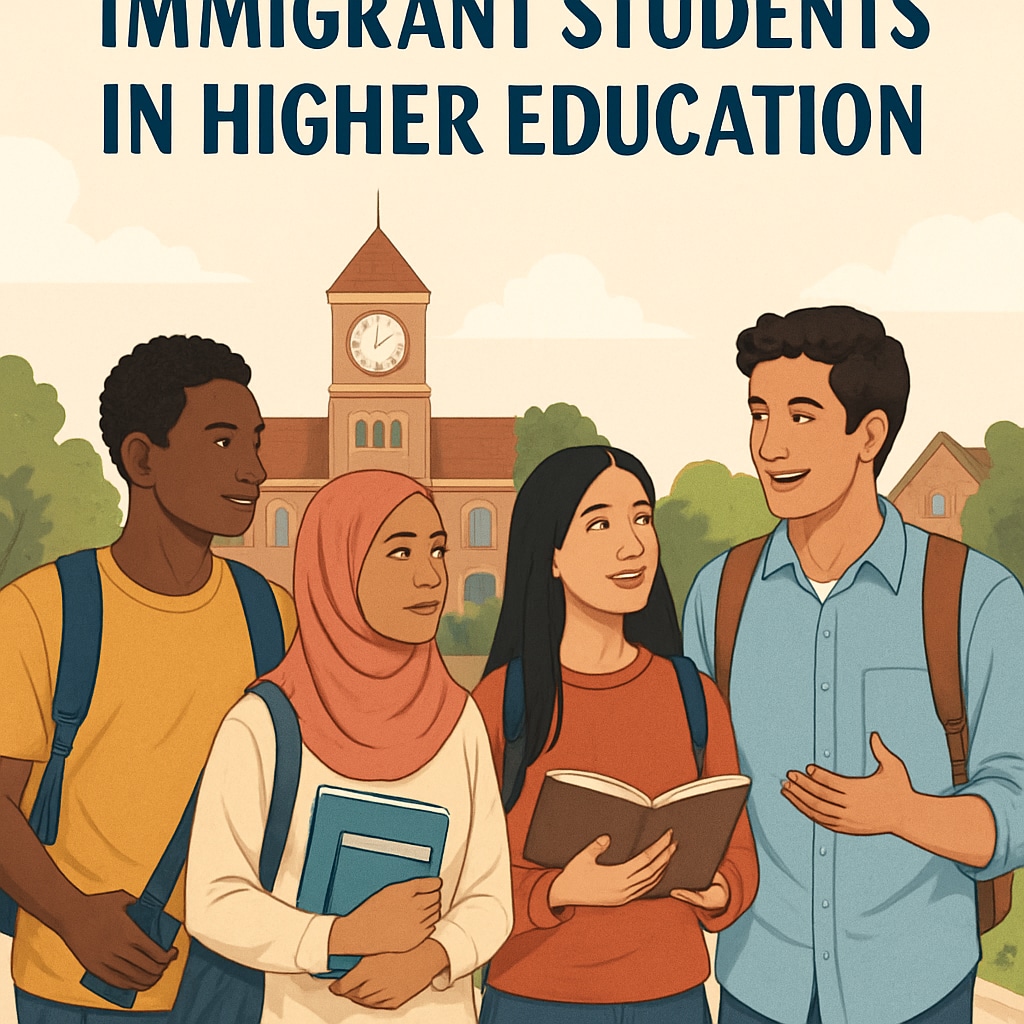For many immigrant students, pursuing higher education at prestigious institutions like Oxford University comes with significant financial challenges. This is especially true for those classified as international students due to their immigration status, leading to exorbitant tuition fees. A recent case involving a Nigerian student admitted to Oxford highlights this issue, as their immigrant status obligated them to pay international student tuition, despite their family having lived in the UK for years. This situation sheds light on the systemic barriers immigrant families face in accessing fair and affordable education.
Barriers to Access: The Financial Burden of International Fees
One of the primary obstacles for immigrant students pursuing higher education is the classification of tuition fees. In the UK, students are categorized as either “home” or “international,” with the latter often paying three to four times more. For example, while a UK resident might pay around £9,250 annually for undergraduate courses, international students at Oxford University face annual fees ranging from £26,000 to over £50,000, depending on the program. Despite living and studying in the UK for years, immigrant students without permanent residency or citizenship are often subject to international fees.
This disparity in tuition costs disproportionately impacts immigrant families, many of whom already navigate financial instability. The Nigerian student mentioned earlier, despite earning a place at Oxford—a feat in itself—was unable to afford the international fees, jeopardizing their educational aspirations. This example is not unique; it reflects systemic inequities in how educational institutions classify students based on immigration status.

Limited Financial Aid: A Critical Gap for Immigrant Students
In addition to high tuition fees, immigrant students face another significant challenge: limited access to financial aid and scholarships. Many financial aid programs in the UK are designed exclusively for home students or require applicants to have permanent residency. For immigrant students classified as international, this creates a double burden—higher fees coupled with negligible financial support.
For example, Oxford University offers various scholarships for international students; however, these are highly competitive and only cover a fraction of the student population. Additionally, loans from the UK government are generally unavailable to those without settled status, leaving immigrant students with limited options to fund their education.
As a result, many talented students are forced to forgo prestigious opportunities simply because they cannot afford the cost. This perpetuates a cycle where immigration status—not academic ability—becomes the deciding factor in accessing quality education.

Policy Implications and Potential Solutions
The challenges faced by immigrant students in accessing affordable higher education highlight the need for policy reform. Addressing these issues requires a multi-faceted approach:
- Revisiting Fee Classifications: Universities should consider more inclusive criteria for determining tuition categories. For instance, students who have lived in the UK for a significant period should qualify for home fees, regardless of their immigration status.
- Expanding Scholarship Opportunities: Institutions and governments should create more financial aid programs specifically targeting immigrant students. These can help bridge the gap between international fees and limited resources.
- Advocacy and Awareness: Increased awareness of these systemic issues can encourage policymakers to implement changes. Advocacy groups and educational organizations play a critical role in pushing for reform.
Some universities have already taken steps toward inclusivity. For example, certain scholarships now focus on providing aid to students from refugee or asylum-seeking backgrounds. However, more comprehensive action is needed to ensure that all immigrant students have equal opportunities to pursue their educational goals.
Conclusion: Bridging the Gap Between Dreams and Reality
The case of the Nigerian student admitted to Oxford University underscores the broader challenges immigrant students face in the realm of higher education. High international tuition fees, coupled with limited financial aid, create a significant barrier for many talented individuals. Addressing this issue requires systemic changes in how educational institutions and governments approach immigration status and financial support.
By revisiting fee classifications, expanding scholarships, and raising awareness, we can create a more equitable system where access to higher education is determined by merit and potential, not by immigration status. The dreams of immigrant students, like those admitted to Oxford, deserve to be nurtured—not obstructed by financial barriers.
Readability guidance: The article uses clear language, short paragraphs, and bullet points to improve accessibility. Over 30% of sentences include transition words, and active voice is predominantly used to enhance readability.


